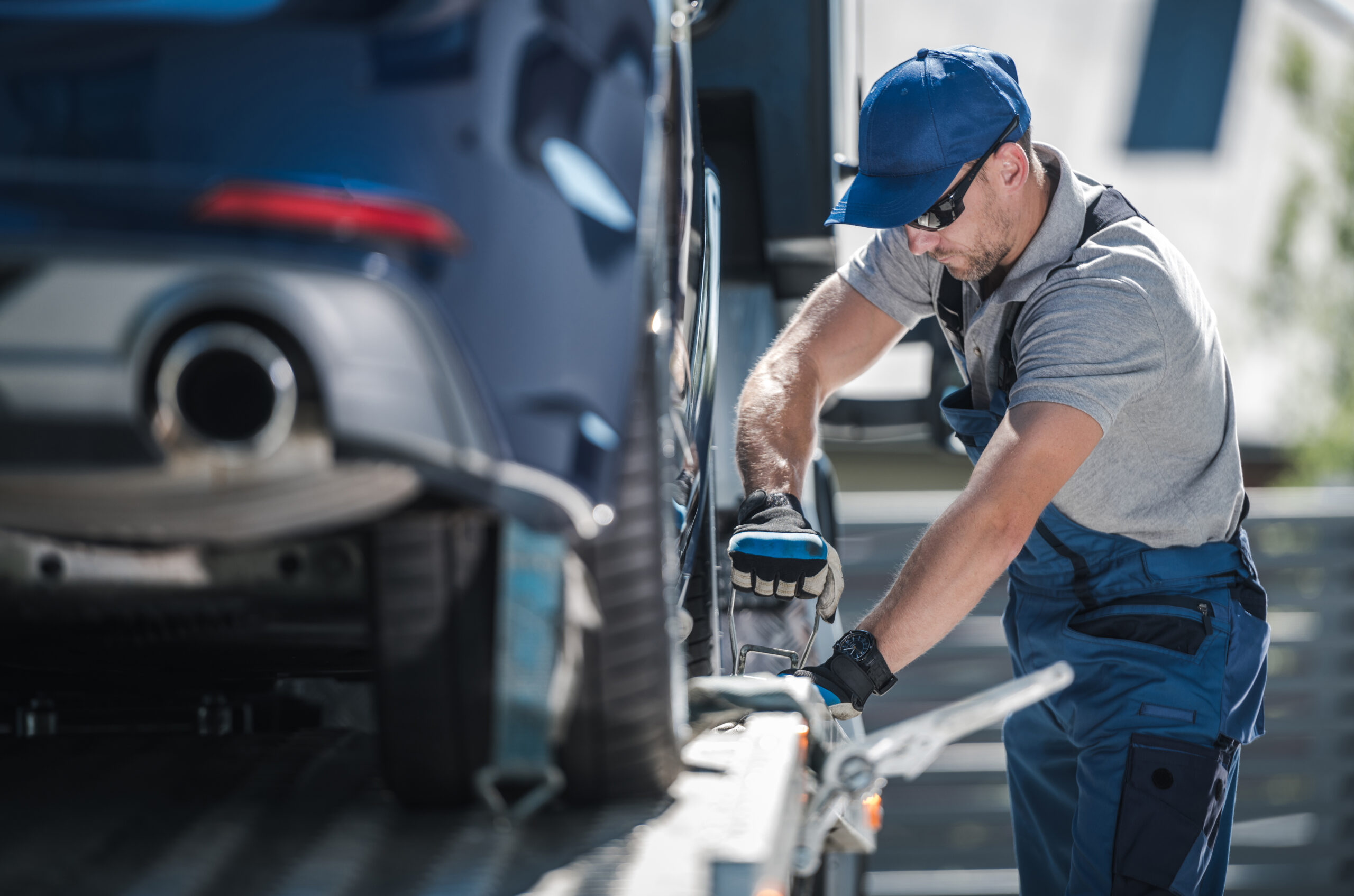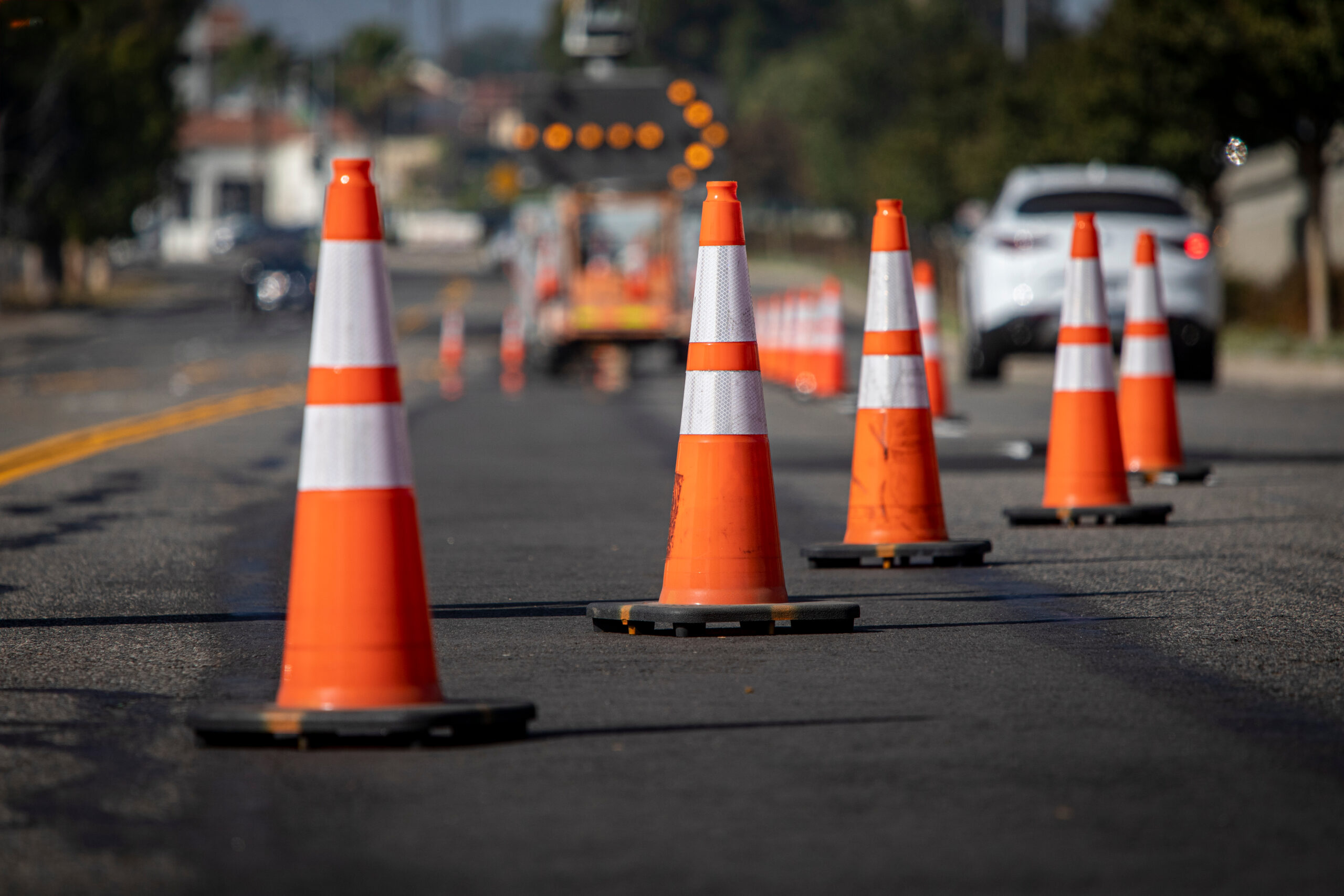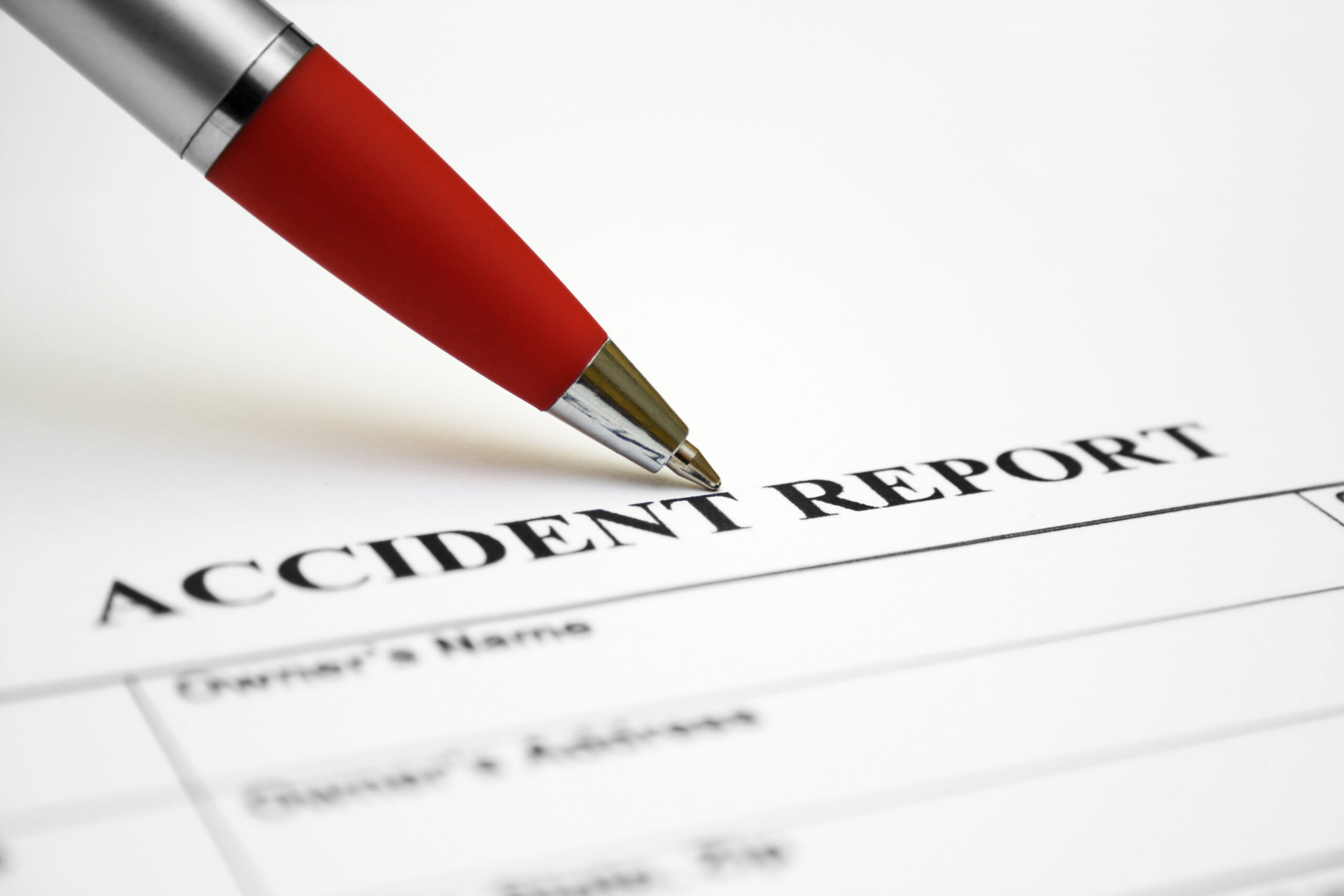Who pays for towing and storage after an accident? If your car was towed because of an accident in Texas, you may be wondering who pays for towing and storage. Of course, the answer will depend on the facts of your case, such as whether another driver or you caused the accident. Also relevant in answering this question is whether insurance covers towing and storage after an accident. The short answer is “yes,” towing and storage is covered under most car insurance policies. But, to know for sure whether insurance will cover these fees, you will need to know whether the at-fault driver has insurance, and whether you have “full coverage” insurance. In addition to answering who will be paying for towing and storage fees after a car accident, it’s also important to discuss the following related questions:
- What can I do if the insurance company won’t pay towing or storage fees?
- What are the car storage fees after an accident?
- The police towed my car after an accident. How can I find it?
Who Pays for Towing and Storage After an Accident?
Who pays for your towing and storage fees after a car accident depends on who was at-fault for the accident. In addition, whether there is insurance coverage to pay for the towing and storage fees will be relevant in determining who will pay. Three scenarios are discussed below:
Scenario 1: If The Accident Wasn’t Your Fault And The At-fault Driver Has Insurance
According to Texas Occupations Code Section 2303.156(b), “an insurance company that pays a claim of total loss on a vehicle in a vehicle storage facility is liable to the operator of the facility for any money owed to the operator in relation to delivery of the vehicle to or storage of the vehicle in the facility regardless of whether an amount accrued before the insurance company paid the claim.” So, if your vehicle is totaled and you were not at fault, the insurance company must pay towing and storage costs as well. However, in cases where your car was not totaled or where liability is still pending you can either use you own insurance, if you have towing and storage coverage, or you can pay out-of-pocket, save the receipts, and then submit these expenses to the at-fault driver’s insurance company for reimbursement. Once they accept liability for the accident, they will reimburse you or your insurance company for what was paid for towing and storage.
Scenario 2: If The Accident Wasn’t Your Fault And The At-fault Driver Doesn’t Have Insurance, Doesn’t Have Enough Insurance, Or Was A Hit-and-run
If you have uninsured / underinsured motorist coverage for property damage (UMPD), you can file a UMPD claim with your own insurance company. This will cover the damage to your car, towing and storage fees, and a rental car. There is a deductible of $250 to use this coverage. Also, it is your insurance company’s burden to determine whether the at-fault driver had insurance in a Texas UMPD claim.
If you don’t have UMPD coverage and have collision coverage, you can use this coverage to pay for the damage to your car, towing and storage fees, and a rental car. However, the deductible will usually be more than if you used UMPD coverage.
Scenario 3: If The Accident Was Your Fault
If you have collision coverage and/or towing and storage fee coverage with your own insurance, you can file a claim with your own insurance company. If you don’t have this coverage, double check by calling your insurance company. If they confirm that you don’t have this coverage, make sure you act quickly and retrieve your vehicle from the storage lot before the storage fees get out-of-hand. If you leave your car in the storage lot for an extended amount of time and do not pay the fee, after proper notice is sent to you, the storage lot will eventually sell the car through a public sale, with the proceeds from the sale going towards the towing and storage fees. Any remaining amount may be paid to the vehicle owner.
What Can I Do If The Insurance Company Won’t Pay Towing Or Storage Fees?
The at-fault driver’s insurance company usually won’t pay towing and storage fees for several different reasons. We will discuss the most common reasons and some solutions below:
The At-fault Driver Was Uninsured Or Underinsured
If the at-fault driver was uninsured, meaning they didn’t have an active auto liability insurance policy in affect at the time of the accident or didn’t have enough insurance to cover the damage to your vehicle and the cost to tow and store it after the accident, you can use your own insurance to cover these expenses. As discussed above, you can use either your uninsured / underinsured motorist property damage (UMPD) coverage or your collision coverage. This also applies if you were involved in a hit-and-run.
The At-fault Driver’s Insurance Company Has Not Determined Liability
Depending on the facts of the accident, the insurance company may take their time to investigate the accident to determine who was at fault for the accident and whether their insured was covered at the time of the accident. This usually happens if the liability isn’t clear cut, such as in a left-turn collision at an intersection or when more than one party is at fault. If the accident involves clear cut liability, such as in a rear-end accident, liability is usually more promptly accepted. If they are slow to respond, hiring a car accident lawyer will encourage them to act more quickly.
You Were Fully At-fault Or Partially At-fault (More Than 50%) For The Accident
As in Scenario 3 above, if the accident was your fault, you can file a claim with your own insurance company under your collision coverage. If the insurance company determined that you were 50% or less at fault, you will still be entitled to some of your towing and storage fees. Texas is a “modified comparative fault” state. This means that if you are 51% or more at fault for an accident, you are totally barred from recovery. If you are 50% or less at fault, you can still recover a proportion of your damages. For example, if the insurance company determined that you were 50% at-fault for the accident, they would pay only 50% of your damages, and this includes towing and storage fees. Overcoming the partial liability hurdle can be a challenge. Documenting the facts of the accident with notes and photos, getting a copy of the crash report, and obtaining witness statements can help to build your case in order to refute the insurance company’s liability determination. However, it’s always best to seek the advice of a Texas car accident attorney in these situations.
What Are the Car Storage Fees After an Accident?
According to Texas Administrative Code Section 85.722, there are limitations on the amount that a vehicle storage facility can charge in Texas. They must charge between $5.00 and $20.64 per day or part of a day for a car that is 25 feet long or less. If the car is longer than 25 feet, the storage lot must charge $35.11 per day.
There are also limitations on towing fees in Texas. The maximum amount that a towing company can charge for towing is:
- $255 for a car weighing up to 10,000 lbs.
- $357 for a car weighing more than 10,000 lbs. but less than 25,000 lbs.
- $459 per unit for cars weighing more than 25,000 lbs. with a $918 total maximum.
The Police Towed My Car After an Accident. How Can I Find It?
If the police called the towing company to have your car cleared from the roadway or you were transported to the emergency room immediately after the accident and don’t know where your car was towed, you can call the police department that arrived on the scene of the accident or get the crash report to see where it was taken.
FIND OUT HOW TO GET YOUR CRASH REPORTS BELOW:
For more information on handling your property damage case in Texas, click here.
For more consumer information about towing in Texas, visit the Texas Department of Licensing and Regulation’s (TDLR) website regarding tow trucks, operators, and vehicle storage facilities, click here.




